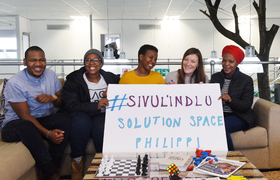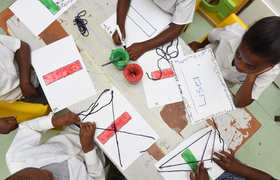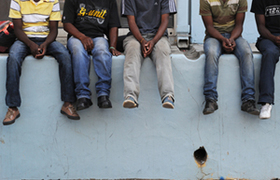Developing a yardstick for impact investing
27 September 2017 | Story Supplied.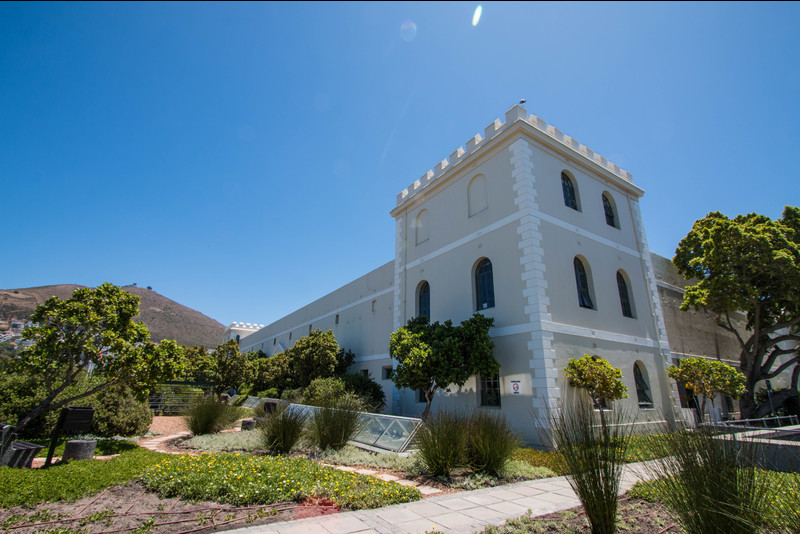
UCT is one of nine universities chosen by the United Nations Development Programme (UNDP) to develop a research agenda that will better leverage private investment to finance the Sustainable Development Goals (SDG). Representing Africa, UCT’s initiative will be led by the Bertha Centre for Social Innovation and Entrepreneurship at the Graduate School of Business (GSB).
The announcement was made alongside the 72nd session of the United Nations General Assembly earlier in September at an event titled “Big Data, Impact Management & the SDGs”.
The partnership is led by UNDP SDG Impact Finance (UNSIF), which brings the private and public sectors together through impact investment that yields competitive financial, social and environmental returns.
Besides UCT, the UNSIF Research Council’s partner universities are:
- Carleton University, Canada
- China Europe International Business School, China
- Maastricht University, Netherlands
- National University of Singapore Business School, Singapore
- Oxford University Saïd Business School, UK
- University of Pennsylvania, The Wharton School, US
- Tsinghua University, China
- University of Zurich, Center for Sustainable Finance and Private Wealth, Switzerland.
Combined research
The development recognises the need for a combined research effort to tackle the challenges facing impact investing, one of the biggest being how to measure impact.
The backdrop is a rapidly growing impact investment sector. The Global Impact Investing Network estimates that there is now at least $114 billion worth of impact investing assets under management.
The council will develop the methodology and set the yardsticks that will measure the development impact of these investments. It will undertake research to improve the analytical frameworks, evidence and policy environment that encourages and guides commercial capital flows to, or that support, the SDGs.
Through complementary research-testing-certification cycles the Research Council’s goal is to produce a standardised impact measuring framework that governments can use to make informed public investment decisions, define new policy options for impact investing, and incentivise capital markets to prioritise SDG-aligned investment practices.
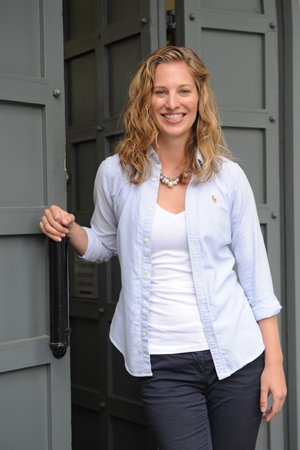
“The growing and promising niche of impact investing is a vanguard for how the private sector can internationally create positive impacts,” said Magdy Martínez-Solimán, UN assistant secretary-general, UNDP assistant administrator and director of the Bureau for Policy and Programme Support.
“The term ‘impact’ is convenient shorthand for the 17 Sustainable Development Goals – and impact investors, by their own definition, embody an ethos for intentionally creating outcomes that are positive for society and the environment. The returns they target are much more than financial. These experiences can guide us as we re-imagine development finance for the SDGs.”
Aunnie Patton Power, Innovative Finance Lead and course convenor of Impact Investing in Africa at UCT’s Bertha Centre, said, “Impact investing holds significant promise for Africa for both local investments and investors. At the GSB we have been working with leading local and global practitioners and governments to help catalyse this market on the continent and we look forward to participating in this research network to continue to expand the field’s scope and impact.”
 This work is licensed under a Creative Commons Attribution-NoDerivatives 4.0 International License.
This work is licensed under a Creative Commons Attribution-NoDerivatives 4.0 International License.
Please view the republishing articles page for more information.







